Niobium Oxide Capacitors: Advantages, Applications, and How to Use Them Effectively
Niobium oxide capacitors have emerged as a fascinating technology in the world of electronic components. These capacitors offer a range of advantages and find applications in various industries. In this article, we will explore the benefits of niobium oxide capacitors, delve into their wide-ranging applications, and provide insights into how to harness their potential effectively.
Introduction
In the realm of modern electronics, components are constantly evolving to meet the demands of innovative technologies. Niobium oxide capacitors, often referred to as niobium capacitors, have gained considerable attention due to their unique properties and versatile applications.
Understanding Niobium Oxide Capacitors
Niobium oxide capacitors are a type of electrolytic capacitor that utilizes niobium oxide as the dielectric material. This oxide layer forms on the surface of a niobium anode, which serves as one of the capacitor's electrodes. The electrolyte acts as the second electrode, with the dielectric oxide layer separating the two.
Advantages of Niobium Oxide Capacitors
High Capacitance in a Small Package
Niobium oxide capacitors offer remarkable capacitance values, especially when compared to other types of capacitors of similar size. This high capacitance allows for the storage of a significant amount of charge, contributing to their efficiency in various applications.
Stability and Reliability
Stability is a crucial factor in capacitor performance, and niobium oxide capacitors excel in this regard. The oxide dielectric is highly stable, ensuring consistent capacitance over time. This stability translates to reliable circuit operation, making them suitable for mission-critical systems.
Low Equivalent Series Resistance (ESR)
Niobium oxide capacitors exhibit low ESR, which results in minimal energy loss and heat generation. This characteristic is particularly advantageous in applications where high-frequency operation or rapid charge/discharge cycles are involved.
Applications of Niobium Oxide Capacitors
Consumer Electronics
Niobium oxide capacitors find extensive use in consumer electronics, where their compact size and high capacitance are of great value. They are commonly employed in smartphones, tablets, digital cameras, and portable gaming devices.
Automotive Electronics
The automotive industry benefits from niobium oxide capacitors' reliability and performance under harsh conditions. These capacitors support various applications, including engine control units, infotainment systems, and safety mechanisms.
Medical Devices
In medical devices, niobium oxide capacitors contribute to the miniaturization of equipment without compromising performance. They are vital components in hearing aids, pacemakers, and diagnostic equipment.
Aerospace Applications
The aerospace sector leverages niobium oxide capacitors for their stability in extreme temperatures and resistance to mechanical stress. They are used in satellites, communication systems, and avionics.
How to Use Niobium Oxide Capacitors Effectively
Voltage Considerations
When integrating niobium oxide capacitors into a circuit, it's crucial to consider voltage ratings. Exceeding the specified voltage can lead to breakdown of the oxide layer and capacitor failure.
Placement and Circuit Design
Proper placement of niobium oxide capacitors on the PCB (Printed Circuit Board) and thoughtful circuit design help minimize noise and optimize signal integrity.
Temperature Sensitivity
Niobium oxide capacitors may experience changes in capacitance with temperature fluctuations. Engineers should account for this sensitivity in applications with varying operating conditions.
Tips for Maximizing Niobium Oxide Capacitor Performance
Avoiding Overvoltage
To prevent overvoltage situations, use appropriate voltage derating techniques and ensure that voltage spikes are within acceptable limits.
Storage and Handling
Proper storage and handling before assembly are essential to maintain the integrity of niobium oxide capacitors. Follow manufacturer guidelines to prevent damage.
Comparing Niobium Oxide Capacitors with Other Capacitor Types
Niobium oxide capacitors offer unique advantages over traditional capacitor types, such as tantalum and ceramic capacitors. These advantages make them a preferred choice in specific applications where high capacitance and stability are paramount.
Future Trends and Developments
As technology continues to advance, niobium oxide capacitors are likely to undergo further refinements. These advancements may include higher capacitance values, improved temperature stability, and expanded applications across emerging industries.
Conclusion
Niobium oxide capacitors stand as a testament to the continuous innovation in electronics. Their high capacitance, stability, and versatility make them indispensable in various sectors. By understanding their advantages and following best practices for integration, engineers can unlock the full potential of niobium oxide capacitors.
Subscribe to Us !
-
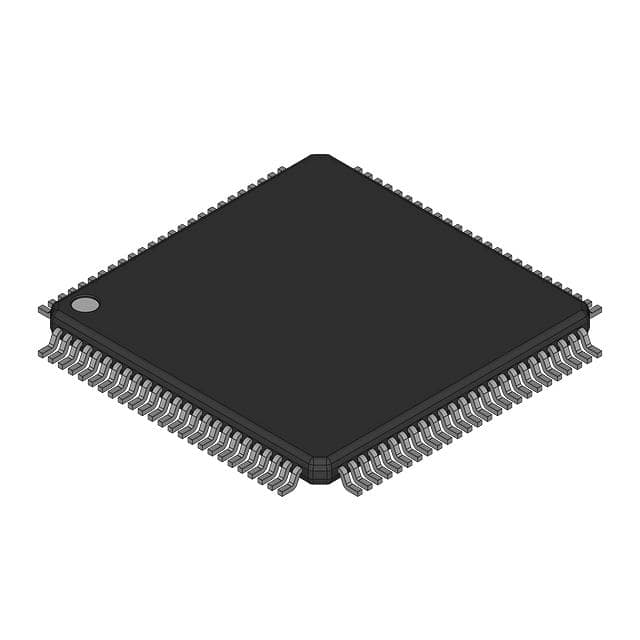 LV71081E-MPB-E
LV71081E-MPB-Eonsemi
-
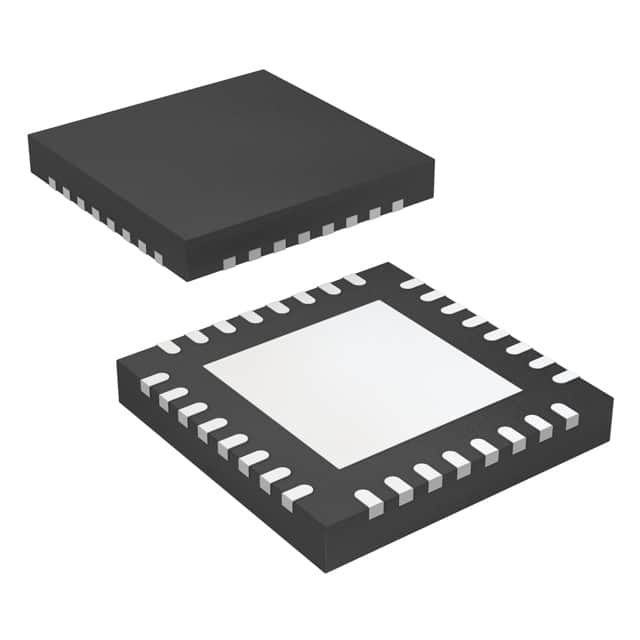 LMK00334RTVRQ1
LMK00334RTVRQ1Texas Instruments
-
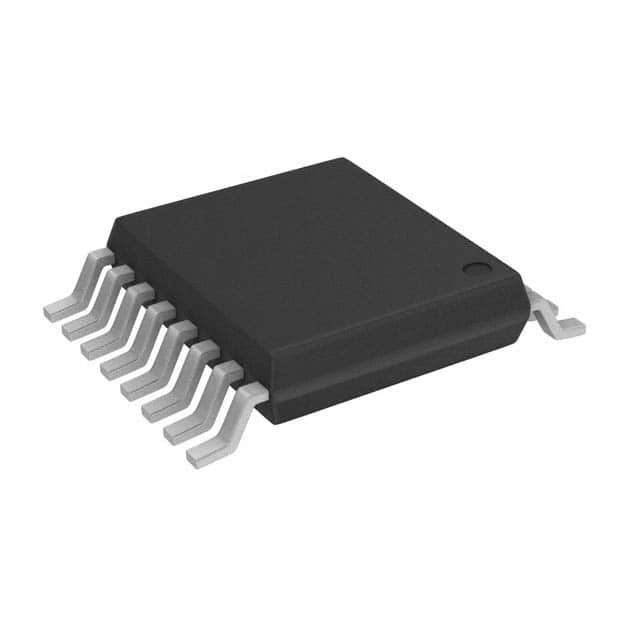 PI6C557-03LEX
PI6C557-03LEXDiodes Incorporated
-
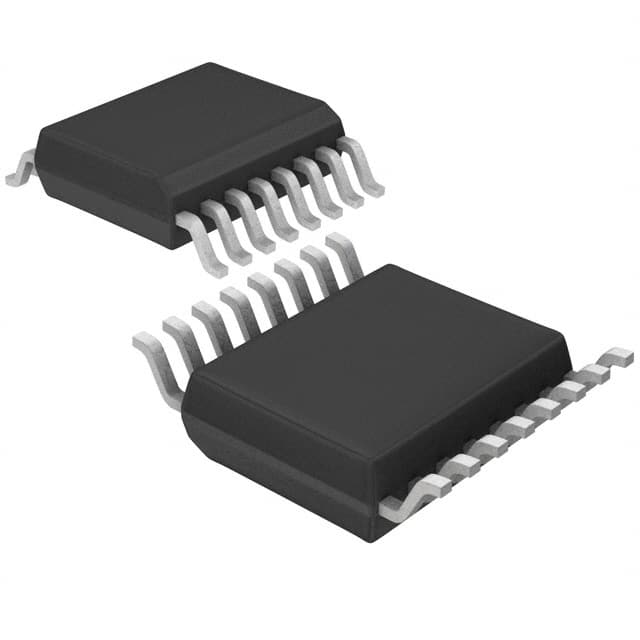 PCM1753DBQR
PCM1753DBQRTexas Instruments
-
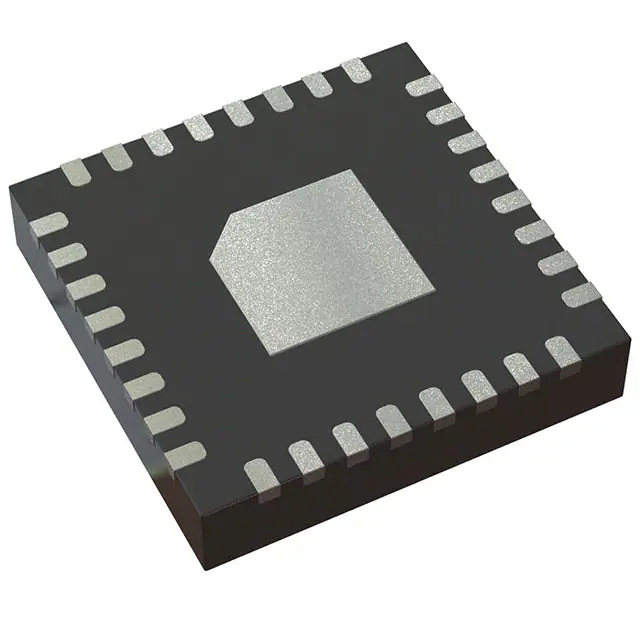 ADS1204IRHBT
ADS1204IRHBTTexas Instruments
-
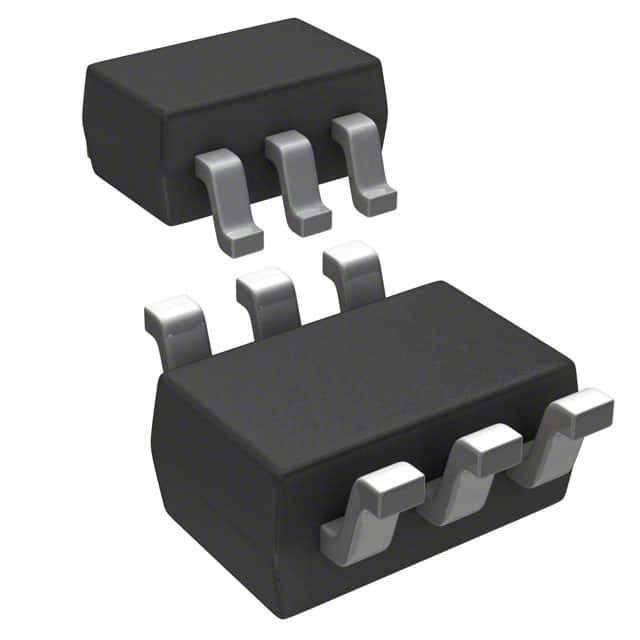 MCP4018T-104E/LT
MCP4018T-104E/LTMicrochip Technology
-
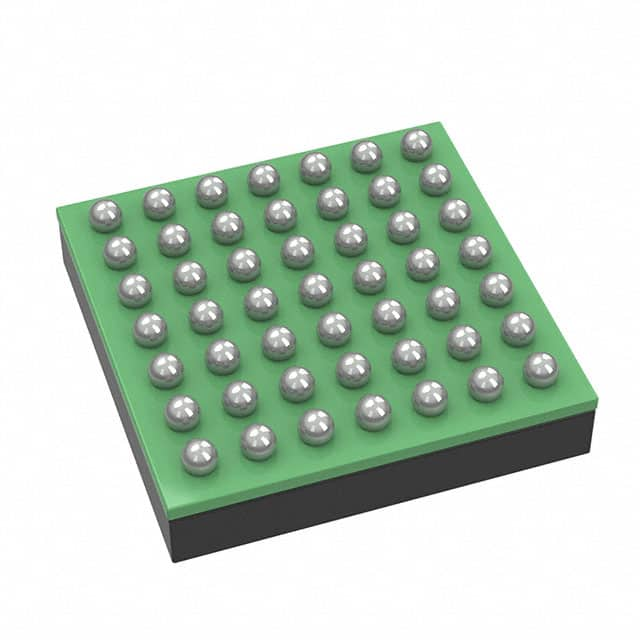 T4F49C2
T4F49C2Efinix, Inc.
-
.jpg) A40MX02-PLG44
A40MX02-PLG44Microchip Technology
-
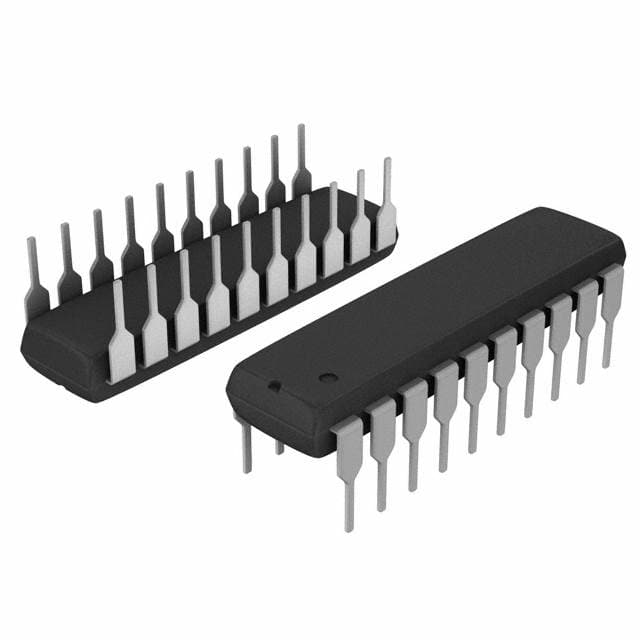 ATF16V8C-7PU
ATF16V8C-7PUMicrochip Technology
-
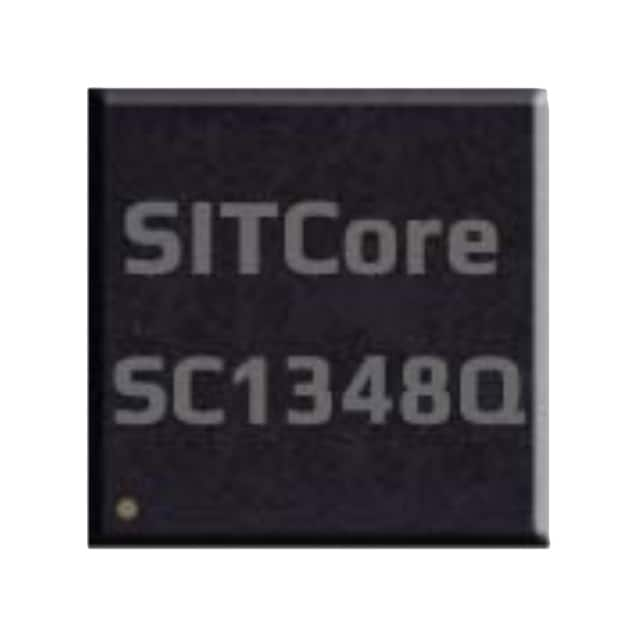 SC-13048Q-A
SC-13048Q-AGHI Electronics, LLC

